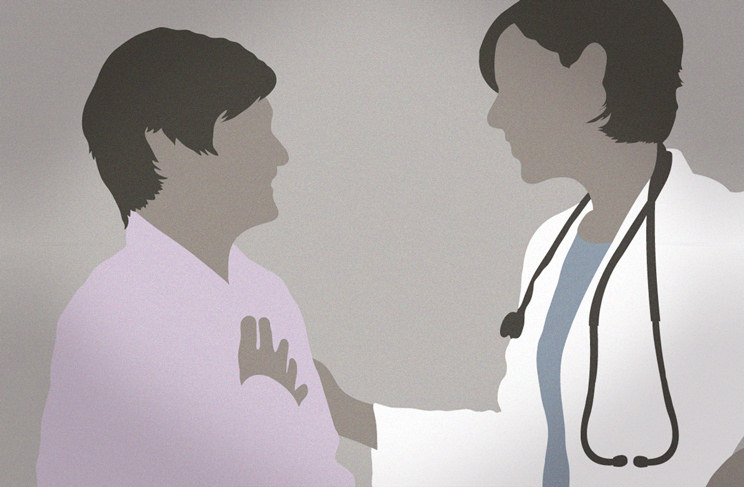 We humans can’t help but shove as much as possible into one minute. One hour. One day. We’re rewarded for doing it, too. Society says that the more you check off your list, the more productive you are. And by default, then, the more productive you are, the more successful you are. So, we rush. We search for ways to skip steps and still get the same result. We fill downtime with more stuff in the name of said productivity.
We humans can’t help but shove as much as possible into one minute. One hour. One day. We’re rewarded for doing it, too. Society says that the more you check off your list, the more productive you are. And by default, then, the more productive you are, the more successful you are. So, we rush. We search for ways to skip steps and still get the same result. We fill downtime with more stuff in the name of said productivity.
We load up our arms with more grocery bags than we can carry because we simply refuse to waste time making two trips.
We pull out our phones at red lights so we can jump on the email that came through five seconds ago. Or check Facebook…
We give patients seven minutes of our time. And we spend four of those thinking about what’s waiting for us in the next exam room.
Where has that gotten us? Actually, it’s making us sick.
In his book “In Praise of Slowness” Carl Honore talks about how American Physician Larry Dossey coined the term “time sickness” to describe the obsessive belief that “time is getting away, that there isn’t enough of it, and that you must pedal faster and faster to keep up.” These days, he says, the whole world is time-sick. We know that includes the pace of healthcare.
It’s time to heal ourselves. Slow down and get back to what really matters. Put quality in its rightful place on the forefront and kick quantity’s ridiculous demands to the curb. Traditional healthcare doesn’t really allow for that kind of thinking, though, does it?
Thank goodness for Direct Care, where everything is slowed way, way down to a pace everyone’s comfortable with.
Time is the model’s most valuable asset. Let’s take a look at the most obvious example of what makes this true. Direct Care docs spend 30-45 minutes with each patient. Every. Single. One. Neither patient nor doctor is rushed. It’s not even that they just don’t feel rushed. They’re actually not rushed. And this also doesn’t mean the doc is then running 37 minutes late. That block of precious time has been accounted for. Inside those minutes, the doc and patient have nowhere else to be. They are each other’s utmost priority during that time.
What else happens when we slow down?
We realize the value in “less is more.” We keep a smaller panel so we can make time for each patient on it. We carve out more exam room time than we probably need just in case it’s…well, wanted. We leave plenty of room for questions that require more than yes or no answers. And we get a much better look at what comprehensive personalized care really means. Our fringe hours don’t have to be consumed with more stuff, because we already have plenty of time to get through our list. Our fringe hours are spent doing things we want to do: research, growing our business, golfing, attending car shows, hanging out with family.
DPC isn’t a “war against speed.” Rather, DPC is the result of a challenge accepted. The challenge to seek quality instead of quantity. To thoughtfully examine what happens in the brief pauses between the sentences of a conversation. And to make the most out of something we humans hold so dearly – relationships.
So go ahead. Treat your patients slowly. Get better from all those years of being time-sick. Direct Care will help you make it happen, minute by minute.